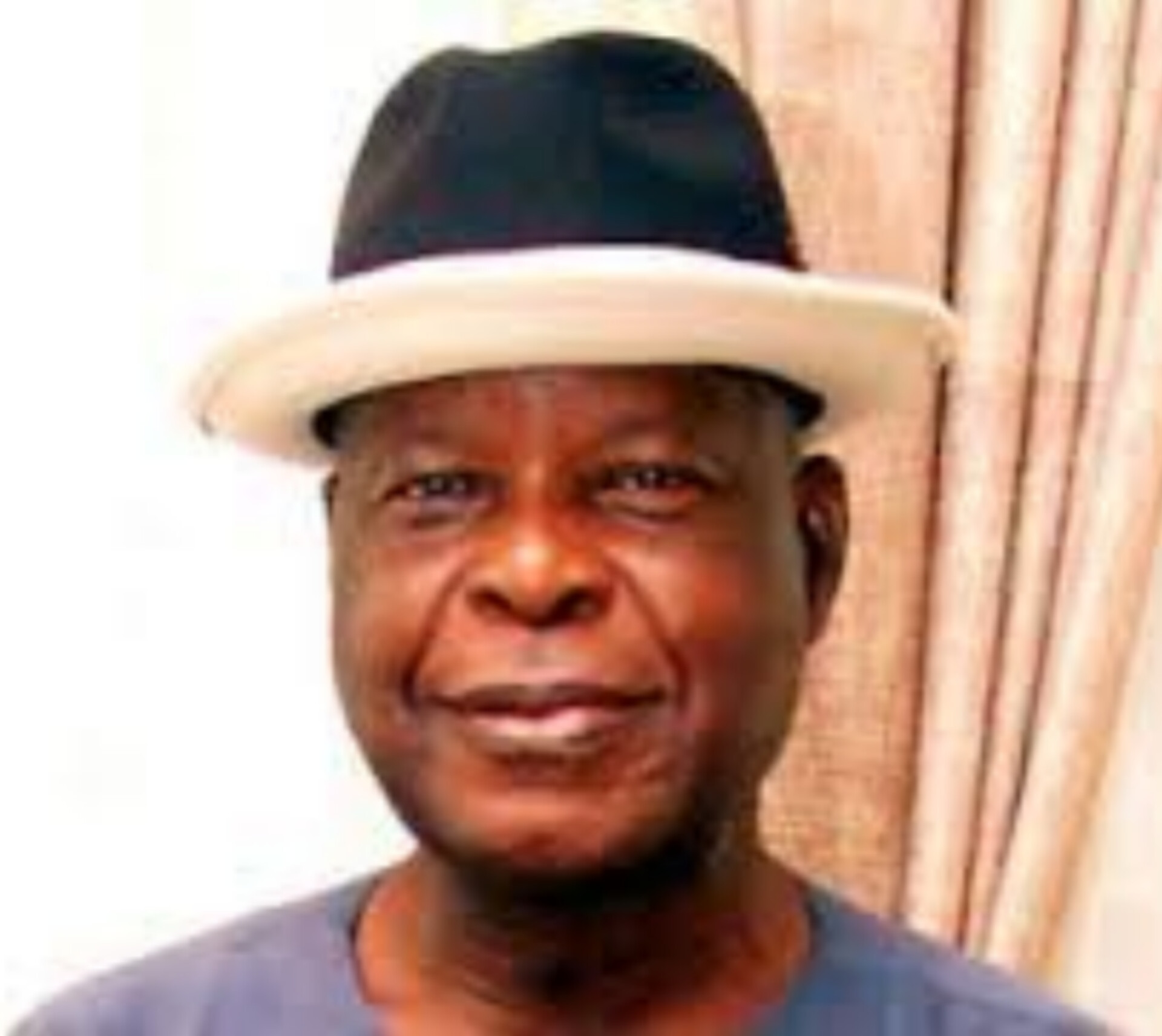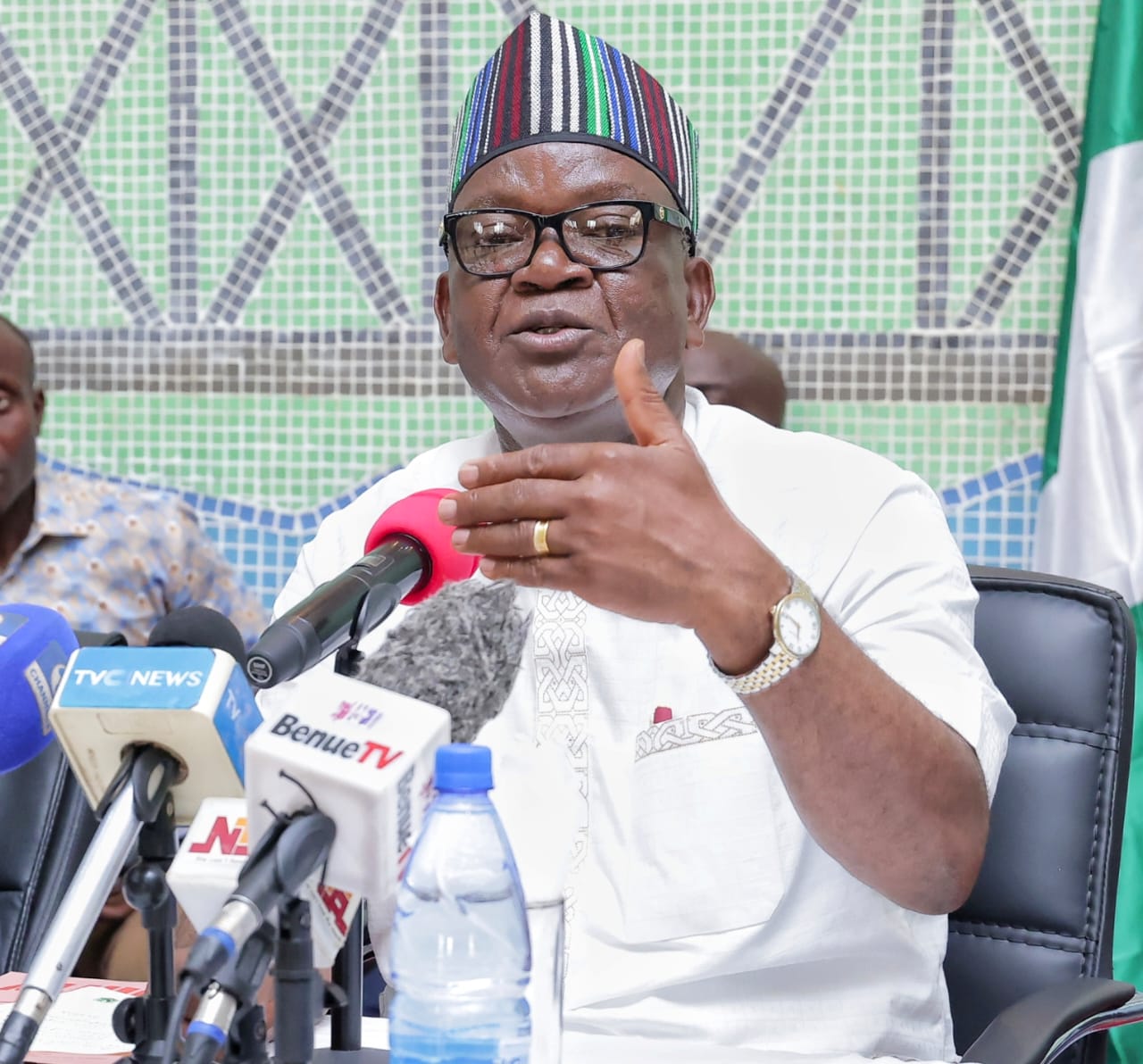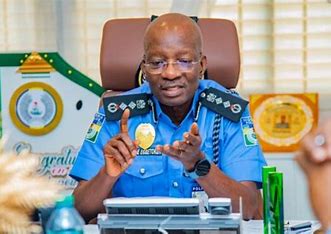***State govt can hardly pay workers salary
**may work only with the Canadian Model
The much talked about decentralisation of the Nigeria Police Force can not achieve its desired objective as the inherent factors that led to its failure in the past have not been addressed, Retired Inspector General of Police (IGP), Mr. Mike Okiro has indicated

Okiro spoke with journalists on the sideline of the 2023 Convention of the Old Seminarians Association of Nigeria (OSAN), hosted by the Clerk to the Senate, Mr. Chinedu Akubueze, in Abuja.
The former IGP explained that at the inception of the Nigerian police, authorities of the sub regional institutions had their own police separate from the ones being controlled by the central government.
According to him, the state police idea can not work due to paucity of funds at both the state and local government areas.
He wondered how the states and local government areas that cannot effectively pay the salaries of their workers would be able to fund their own police.
Okiro, however said the only way the state police could work was for Nigeria to adopt the Canadian model.
The Canadian model, according to him, would involved the states recruiting the police personnel who would be funded by the Federal Government.
He said, “The only way we can have state police in Nigeria is to adopt the Canadian model, where every region has its own police employed by the region and paid by the federal.
“For example, in Nigeria every governor wouldl employ their own police, equip them while they would be paid by the Federal Government.
“Before the advent of what we have now, we had ‘dandoka’, we had police in the West, we also had police in the East.
“Local governments had their Police, but because of the behaviour of the local police officers, during the time of former Head of State, General Yakubu Gowon in 1971 or thereabout, he turned it to the Nigeria Police Force.
“I am opposed to the state police because of the benefit of hindsight, how they behaved in those days, unless you want to throw away the benefits of history”, he said.
The former IGP lamented that the police is going down the drain, confronted with so many problems.
He said, “There is no equipment, no manpower, no welfare. They are demoralized, and frustrated.
“We need to ginger the police to do something, by encouraging them”.
“I have equally said time without number, everything has advantages and disadvantages, merits and demerits.
“If you adopt state police, the state government that cannot pay teachers, nurses and doctors, can they pay the police?
“You cannot afford to owe police one month salary, insecurity will be at the highest level in that state. If the state governments can’t pay the civil servants, I wonder how they can pay the police.”
He appealed to the Federal Government to invest heavily on equipping and training of the police in order to tackle the current insecurity in the country.
Okiro said, “There is gross insecurity in the country. You know Nigeria is part of the world. Insecurity is a global issue, but every country sits down to plan and to devise methods to check insecurity.
“In Nigeria, the government is equally trying to check insecurity. You cannot get 100 per cent but you can be sure you have done your best and leave the rest to God.
“The government should ensure that security agencies are well equipped and trained. Police is short of manpower, they should recruit more people and give them equipment to solve the problem.
“You cannot solve the problem of insecurity with bare hand. We are in a modern, digitalised world.
“So, you fight insecurity with technology. The government should do something to ensure that security agencies are well equipped to confront these criminals, because the criminals go to the internet, they read. So, they are ahead of the security agencies.
“For you to succeed, the security agencies should be ahead of them and tackle them before they do what they want to do.”
The Clerk to the Senate in his welcome address, identified lack of patriotism among Nigerians as a major ill bedeviling the country.
Akubueze said, “The Nigerian society is bedeviled by self-imposed ills. occasioned by our lack of collective sense of patriotism which, ordinarily should emphasize love for the nation rather than undue recourse to ethno-religious cleavages and clannish leanings.
“Here in OSAN, we are set to chart a new course of national consciousness aimed at cementing the bonds that hold us together as Nigerians rather than the dissimilarities that tend to tear us apart.
“Our sense of fraternity is one that recognizes the fact that we are of diverse ethnic extractions, yet bonded together by a common heritage, a scenario that has helped in fostering love, camaraderie and collective sense of responsibility and purposefulness within our rank and file.
“Of course,we have no doubts whatsoever that OSAN is an Association whose future prosperity is guaranteed, a brotherhood of likeminded individuals whose members would, within the next few years, seize the opportunities open to them to advance their wellbeing as well as that of the larger Nigerian society.
“To actualize our dreams within a record time, all hands must be on deck. We must pull resources together, both human and material in order to create a prosperous and glorious future.”




